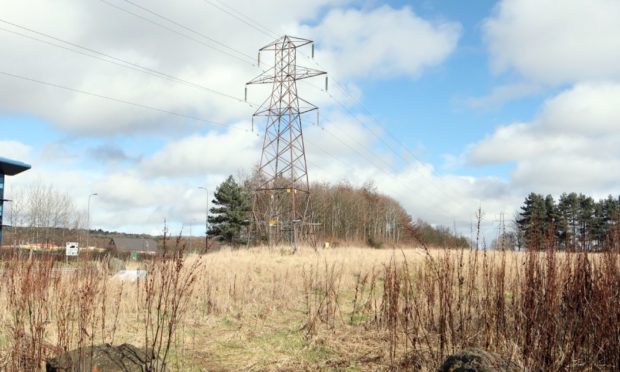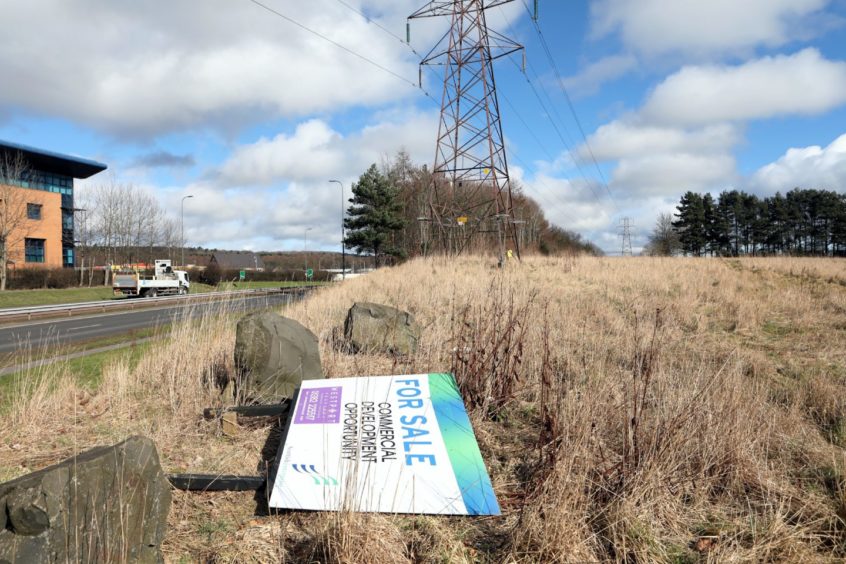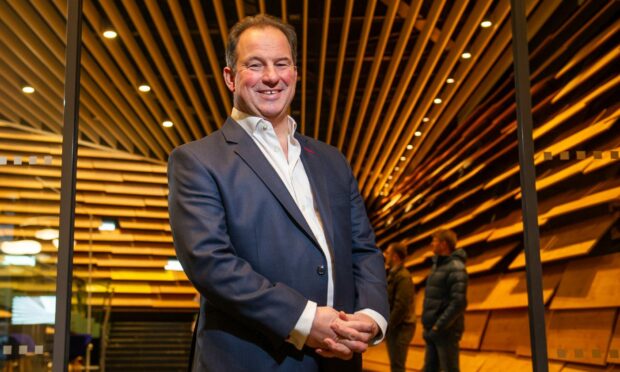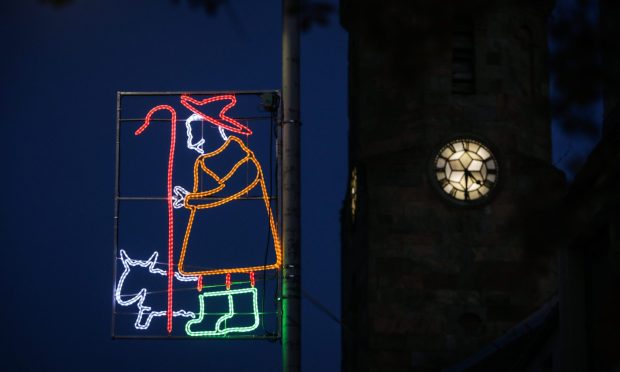A £20 million battery storage facility in Dundee could be the solution to intermittent power generation from renewable sources.
Environmental infrastructure fund JLEN has acquired the development rights to the 50 megawatt lithium-ion plant on South Road, near Lynch Sports Centre.
The acquisition will see JLEN invest up to £21.2m over the next 12 to 15 months.
The project is expected to reach energisation and start commercial operations in March 2022.
It will be connected to Scottish Hydro Electric Power Distribution plc’s distribution network to reduce volatility in the system.
It will start providing support in real time to the local electric grid through provision of balancing services to National Grid or through merchant trading.
Renewables generation ‘intermittent’
Richard Morse, chairman of JLEN, said: “We are pleased to announce the further expansion of our interests in the energy storage market with our first grid-scale battery project.
“We believe that plants such as this one will play an important role in the decarbonisation agenda by providing balancing support to the local network and allowing for greater levels of renewable generation on the network.
“This investment should offer additional returns over time as it is structured to take advantage of increased market volatility as intermittent renewable generation facilities play a greater part in supplying green electricity to the nation.”
What will the site contain?
The development site is on the opposite side of the road from the Lynch Sports Centre and is next to a football pitch and the Balgarthno Stone Circle.
JLEN bought the rights from Gigabox South Road Limited, who were granted planning permission for the two acre site last year.
The site will contain 50 energy storage units, an electrical substation building, transformers, fencing and CCTV columns.
Move to renewables
The firm said storage projects would be vital as more energy is supplied by renewable sources.
A JLEN spokesperson added: “There are expected to be more renewables projects in Scotland in the coming years, due in part to more unsubsidised onshore wind projects coming online.
“Electricity from these wind farms is intermittent – it depends on whether the wind is blowing.
“This means the electricity grid benefits from the use of storage projects which help to deal with this increased intermittency by supplying energy to the grid during times of low renewable energy output and using electricity to recharge during times of high output.
“The site selected has many positive characteristics such as proximity to existing grid infrastructure and of course being close to Dundee itself, which has a large energy demand.”












